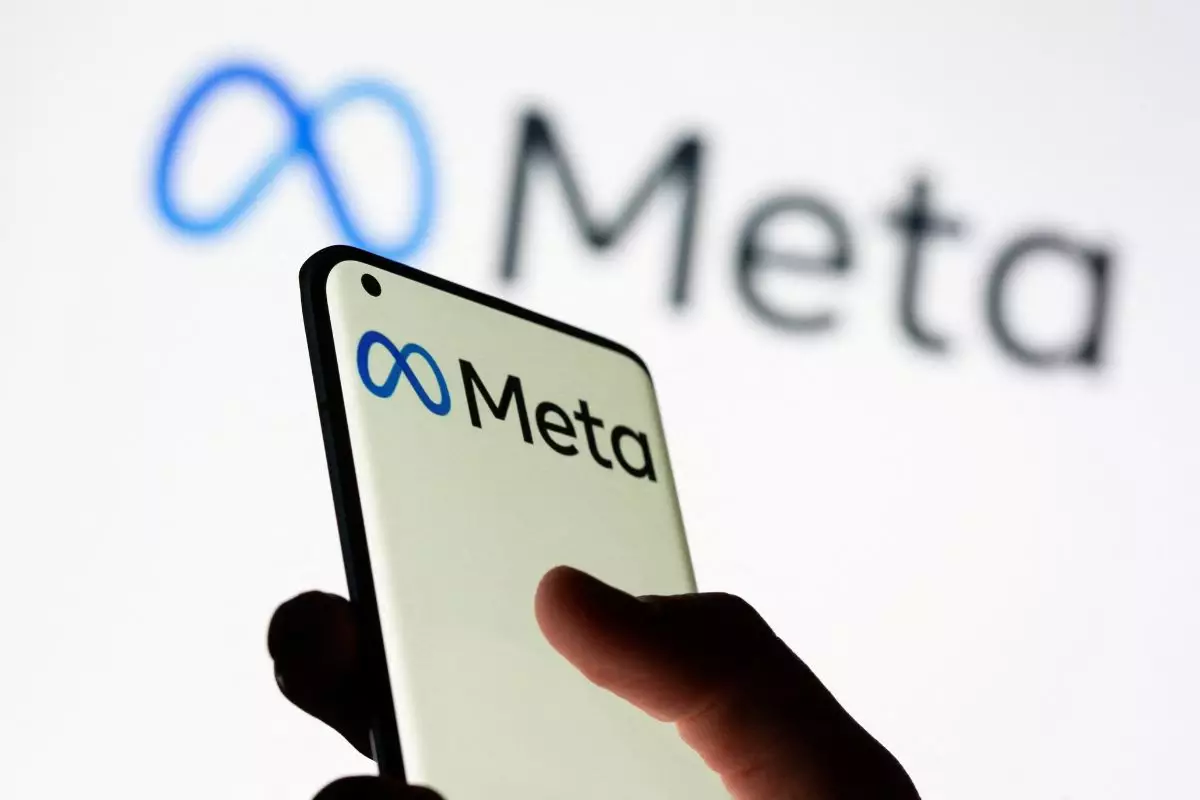In an unexpected twist of events during an ongoing trial, revelations about Zuckerberg’s internal musings from 2018 have surfaced, undeniably illuminating the heart of a corporate giant grappling with the specter of antitrust issues. The memos presented during the trial revealed that Mark Zuckerberg, CEO of Meta, had considered a significant and drastic measure: the spin-off of Instagram from Meta itself. The implications of this contemplation go beyond boardroom strategies; they unveil a profound anxiety among tech titans about the evolving regulatory landscape.
Zuckerberg’s internal dialogue expressed a duality of ambition and trepidation, weighing the potential for “strong business growth” against the possible ramifications of losing control over Meta’s integrated app ecosystem. This internal conflict underscores a crucial tension within the tech industry: the pursuit of expansion versus the liability of regulatory backlash. Such documented reflections not only indicate Zuckerberg’s recognition of the potential threats from governmental forces but also his acknowledgment of a shifting paradigm where business practices are closely scrutinized.
Instagram’s Pivotal Role in Meta’s Strategy
Instagram has always been more than just a photo-sharing platform; it has become a cornerstone of Meta’s strategy in digital communication. The admittance in court that Instagram possessed superior capabilities — particularly in camera technology — illustrates the strategic mindset of Zuckerberg and his team. The overarching goal was not merely about acquiring a successful product; it was about preventing competition from encroaching on Meta’s territory.
The strategy to “buy or bury” smaller, emerging competitors is indicative of the aggressive tactics employed by companies vying for dominance in their respective fields. The FTC’s allegations frame Meta’s approach as monopolistic, forcing Zuckerberg to either defend these practices as necessary for business survival or confront the ethical implications of stifling competition. The ongoing trial is emblematic of a broader struggle within the tech world, wherein the boundaries between innovation and monopolization grow increasingly blurred.
A Corporate Reflection on Breakups
An intriguing aspect of Zuckerberg’s analysis pertains to the idea that corporate breakups, while typically viewed negatively, may sometimes lead to enhanced performance. This perspective challenges the conventional wisdom that larger companies necessarily yield better synergies. By articulating that most companies may thrive after separation, Zuckerberg inadvertently opens a dialogue on the potential for greater innovation and competition in a more fragmented marketspace.
Zuckerberg’s musings also indicate a cautious acknowledgment of the changing landscape of tech regulation. The anticipation of future governmental pressures, especially with an eye on possible bipartisan crackdowns on Big Tech, is a haunting specter for tech leaders. This acknowledgment extends beyond mere strategy; it speaks to a fundamental understanding that adaptability may be necessary for survival in an increasingly vigilant environment.
Competition Beyond the Horizon
Zuckerberg’s courtroom affirmations also highlighted the competitive pressures Meta faces from notable, agile competitors such as TikTok and Snapchat. While Meta has historically dominated social media, the rising tide of innovative platforms reveals a dynamic ecosystem where agility and creativity frequently outpace traditional giants. Zuckerberg’s frank recognition of Meta’s failed attempts at innovation serves as a stark reminder that even the most formidable companies can falter in the face of change.
This shifting competitive landscape is further complicated by the regulatory environment. The FTC’s characterization of the social media market poses critical questions about the nature of competition and market definitions. Are platforms like TikTok and YouTube adequate competitors to the likes of Facebook, or do they serve wholly different interests? These are questions that necessitate profound consideration as the industry moves forward.
The Future: Navigating Through Antitrust Challenges
Zuckerberg’s reflections during the trial underscore an unmistakable tension within the tech industry: the race for innovation juxtaposed against the backdrop of mounting regulatory scrutiny. As cryptocurrencies, digital privacy, and emerging technologies continuously reshape the landscape, the stakes for companies like Meta remain perilously high. How Zuckerberg and Meta navigate the complex web of competition, regulation, and innovation will significantly influence not only their future but also the broader trajectory of the tech sector.
The current moment marks a pivotal juncture. The conversation surrounding antitrust is no longer limited to academic theory; it is now a lived reality for many in the tech industry. As whispers of breakups linger in the air and regulatory ambitions rise, industry leaders must grapple with their own strategies and the ethical dimensions of their ascendance. The evolution of companies like Meta can serve as a case study in corporate governance, highlighting the risks and responsibilities that come with immense power in the digital age.

